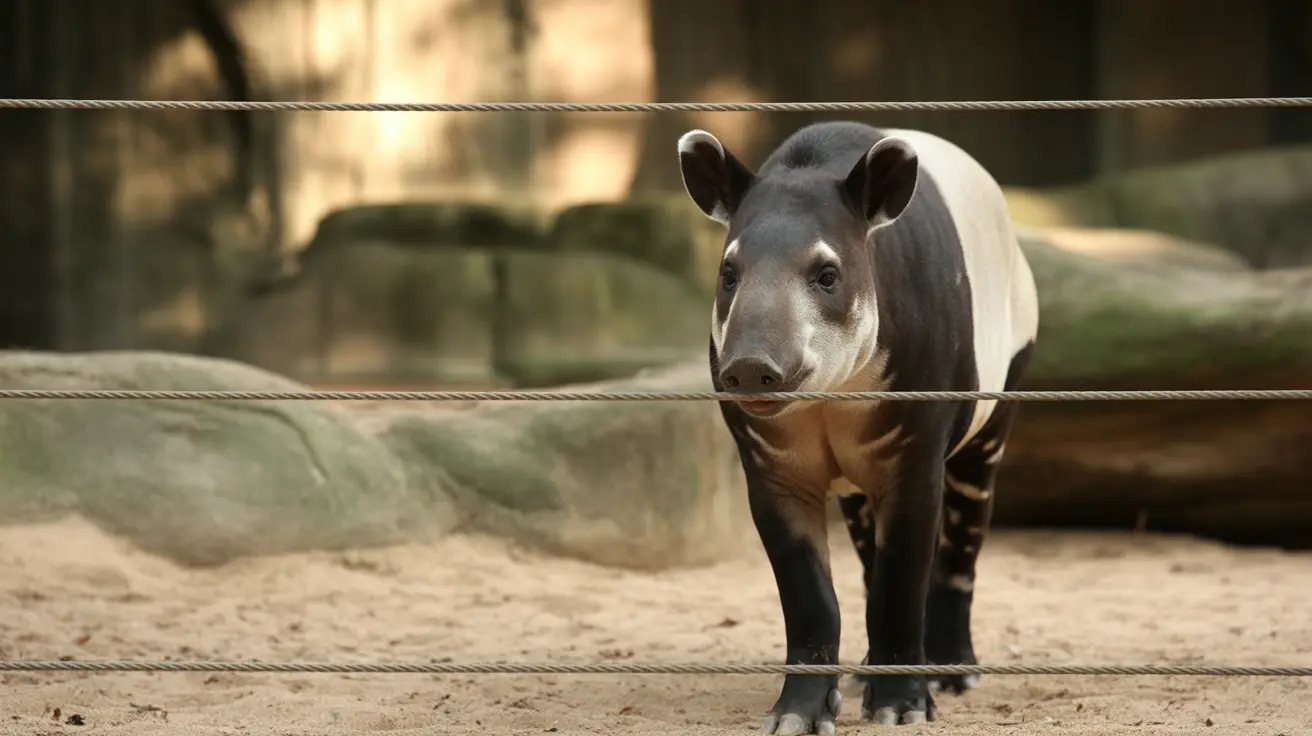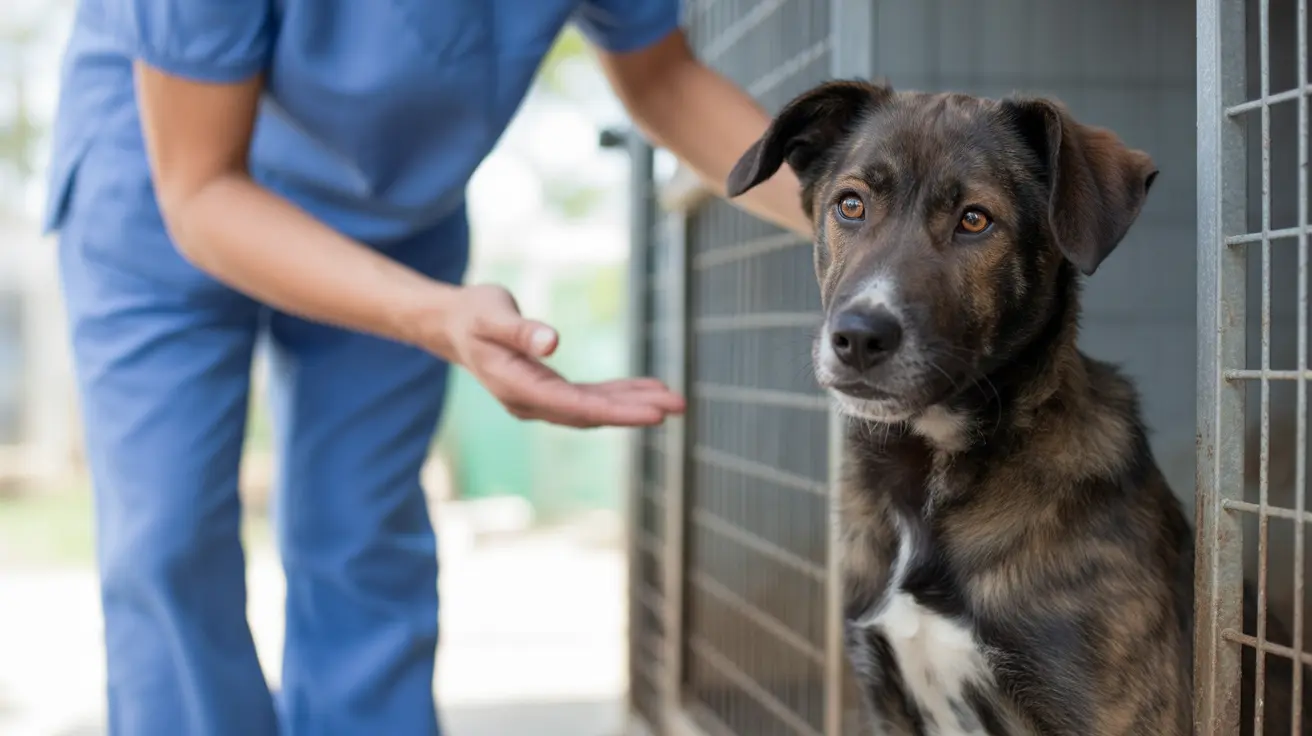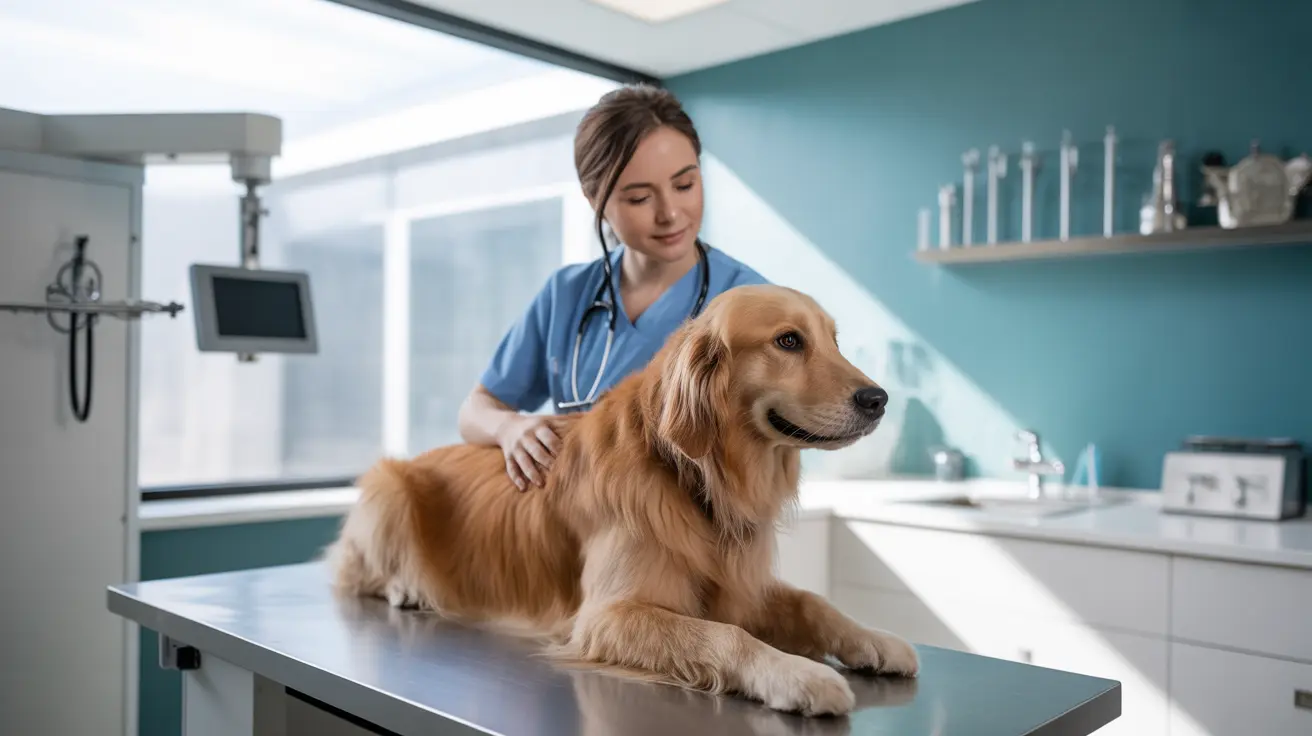Best Foods for Dogs with Seborrhea
Seborrhea, a chronic skin disorder in dogs, often results in flaky, greasy, or dry skin accompanied by itching and discomfort. While medications, shampoos, and underlying condition treatments are essential, nutrition plays a vital role in managing seborrhea and supporting skin health.
Why Diet Matters
Good nutrition is the foundation of a healthy coat and skin. Dogs with seborrhea often suffer from nutrient imbalances or deficiencies that exacerbate their symptoms. Certain nutrients have a direct impact on skin cell turnover, moisture retention, and sebum production.
Key Nutrients Beneficial for Seborrhea
- Omega-3 and Omega-6 Fatty Acids: These essential fats reduce inflammation and support a healthy skin barrier. Sources include fish oil, flaxseed oil, and salmon.
- Vitamin A: Important for skin cell regeneration and inflammation control. Found in liver, carrots, pumpkin, and sweet potatoes.
- Zinc: Helps regulate oil production and aids in skin healing. Common sources are lamb, beef, chicken, and whole grains.
- Biotin (Vitamin B7): Crucial for skin health and a shiny coat. Eggs and liver are excellent sources.
- High-quality protein: Supports skin repair and a strong immune system. Choose lean meats like turkey, lamb, or fish.
Recommended Food Options
- Veterinary-prescribed skin support diets: These dog foods are formulated to combat skin conditions and contain optimal levels of essential nutrients. Brands like Hill’s Prescription Diet Derm Complete or Royal Canin Skin Support may be recommended.
- Grain-free or hypoallergenic diets: If your dog’s seborrhea is linked to a food allergy, a diet free from common allergens (wheat, soy, corn, dairy, or certain proteins) may reduce flare-ups.
- Homemade balanced meals: If overseen by a veterinary nutritionist, homemade diets tailored to your dog’s individual needs can be effective. Ingredients might include cooked salmon, brown rice, pumpkin, sweet potatoes, leafy greens, and supplements.
Supplements to Consider
- Fish oil capsules: Boost omega-3 intake and reduce inflammation
- Zinc supplements: Can be added if a deficiency is diagnosed
- Multivitamins: Targeted supplements rich in biotin, vitamin E, and A
Feeding Guidelines
- Consult your veterinarian before making any dietary changes, especially if seborrhea is secondary to underlying disease.
- Introduce new foods gradually to avoid upsetting your dog’s digestive system.
- Monitor skin condition improvement: Dietary responses may take several weeks.
- Ensure constant access to fresh water, as hydration affects skin health.
Foods to Avoid
- Low-quality commercial dog food with fillers, artificial colors, and preservatives
- High-fat, greasy meats that may exacerbate oily seborrhea
- Known allergens or triggers if your dog is allergy-prone (such as chicken, grain, soy)
When Diet Alone Isn’t Enough
While diet is a powerful tool, it should work in tandem with medical treatments such as medicated shampoos, topical therapies, and treatments for concurrent infections or diseases. If seborrhea persists or worsens despite dietary changes, consult your veterinarian to adjust your treatment plan.
Conclusion
Feeding a dog with seborrhea requires attention to nutritional detail. By focusing on essential fatty acids, vitamins, and minerals, pet owners can support skin health and alleviate symptoms. Always approach dietary changes under veterinary supervision to find the best formula for your dog’s specific seborrhea condition.





